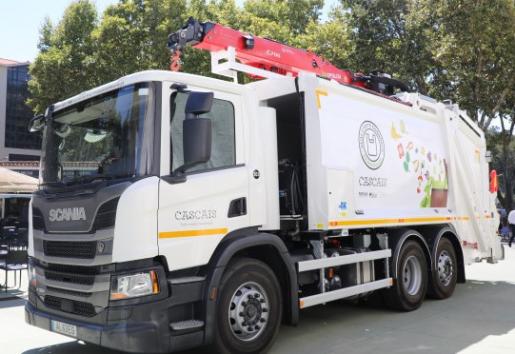
The project for Biowaste Collection in optical bags started as a pilot project in Carcavelos and is now being progressively expanded to the whole of Cascais. There are 9,328 joining families (including the 5,448 pilot project families and the 3880 expansion families) and the recycling rate has increased from 12% to 40%.
The collection of organic waste such as: food leftovers, food that has passed its expiration date or even leftovers of vegetables and fruits are significant savings both financially and environmentally. This type of collection is advantageous because it allows the deposit of undifferentiated waste and biowaste in the same container - the gray one.
This measure will be mandatory as of December 31, 2023, in Portugal, and Cascais intends by that date, to have all households in the area covered by this collection system.
When will I receive the Biowaste kit?
The prediction is to have the collection of biowaste extended to the entire Cascais territory during the year 2023. The expansion to all of Cascais will be progressive, in order to consolidate the results among the population. Step by step, the local teams will contact residents in areas adjacent to those where this collection currently exists. This is the case in densely populated areas such as Sassoeiros, São Domingos de Rana, Carcavelos and Parede.
Which benefits does this project bring?
Currently, treating our waste requires a cost of 64 cents per capita per month or 7.7 euros per person per year. With the expansion of the system, is expected, for the 214 thousand residents of Cascais, a reduction in costs to five euros per capita per year. The extension of this model to the entire area of Cascais has funding from the "POSEUR" program - a fund aimed at supporting the transition to a low carbon economy. As for the return on investment, Joana Balsemão said she believes that Cascais may recover almost 90% "through the high treatment and the Waste Management Tax (TGR) paid to the Portuguese Environment Agency.